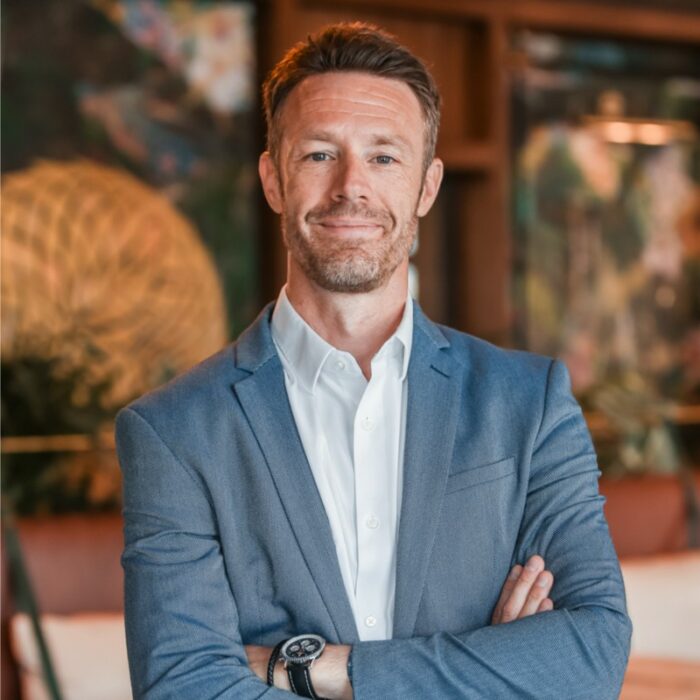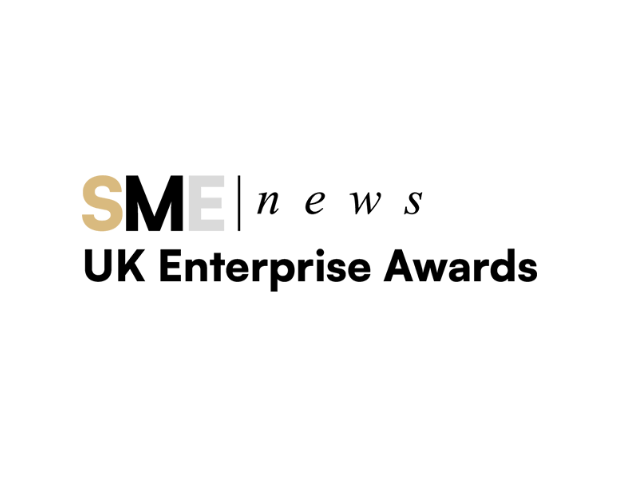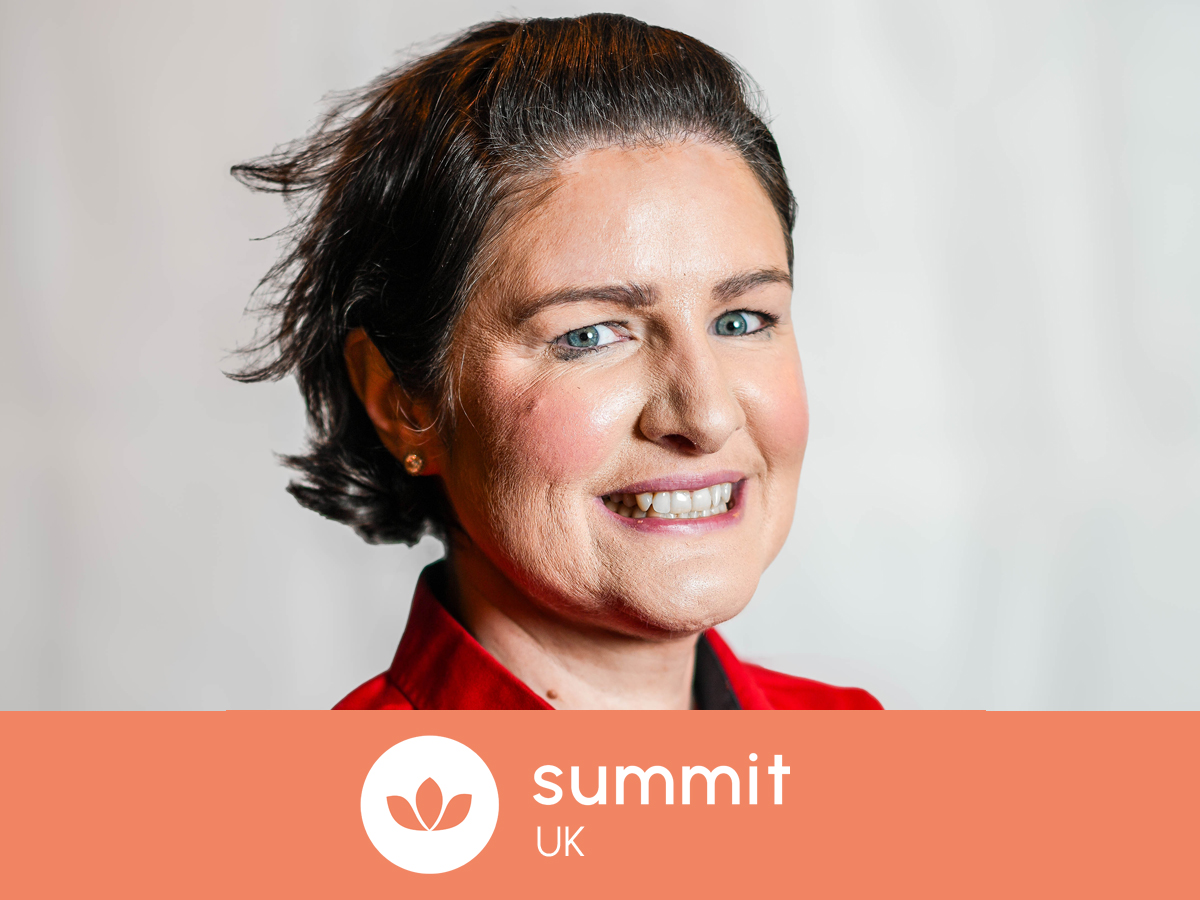
We caught up with Peter Charles Turner in preparation for his involvement in the Wellbeing at Work Middle East Summit on 21-23 February to find out why he is so passionate about wellbeing at work and why he is looking forward to the Summit.
We are thrilled that you will be speaking at our Wellbeing at Work Middle East Summit in February. Our first and most important question is, how are you doing today?
Very well!
As a leader based in the region, what are the main challenges you are facing when it comes to employee wellbeing?
• Fatigue – People are tired!
• Workload – People often claim that they don’t have enough time to complete allocated work
• Personal effectiveness – The skills of individuals to manage themselves, look after their own wellbeing and work effectively needs addressing. The support needed is more akin to a blend of personal and professional development support.
• Dislike of a manager
What strategies have you seen developing in the region over the past 6-12 months to address health and wellbeing in the workplace?
• Primarily it is talked about more
• There are facilities for people to speak up and be heard
• Counselling/coaching support has been offered for some organisations
• Fitness and wellbeing initiatives.
• Some coaching, Team building and collaboration work
• The majority of what we see is remedial – fixing after broken
• The best examples are organisations that engage in people and team development
before cracks appear.
Why is employee wellbeing so important to you personally?
The purpose of our organisation is to help people flourish.
Wellbeing and human flourishing are of primary importance. The workplace can become a vehicle to optimise flourishing rather than a place to mitigate the damage that is done at work.
What are you most looking forward to about our event in February?
• Having fun and thriving in the moment and enjoying the events
• Gaining new insights in to how best to move the world of work forward
• Connecting with great people
Tell us, what is your vision for the workplace of the future, in terms of employee engagement, health and wellbeing?
Repurposing work as the prime vehicle for human flourishing. So much so that going to work is the obvious preference for anyone looking to be happy.
What areas do you think employers should be focused on over the next 12-18
months?
• Training managers in the applied skills of great people management; Leader as Coach, Strengths-Based approaches; as the standard approach for development
• Re imagining how we communicate Purpose so people thriving is the causal factor for business thriving.
How has your organisation been leading the way?
Role model – Role modelling best practice by supporting out people to the best of our up to date knowledge of how to help people thrive
Accessibility – Making a significant amount of our business activities complimentary and regular so they are accessible.
Blending life coaching and executive coaching – to support people (as opposed to employees)
Participating in courses and conferences to gain the latest in organisational research to apply for our clients and community.
Community Building – creating opportunities for people to connect and support each other through our local and global communities.
Peter will be speaking in Riyadh at the Wellbeing at Work Middle East Summit that takes place both live and in-person in Riyadh and Dubai and virtually for the wider region. Further details on the Summit can be found here.



